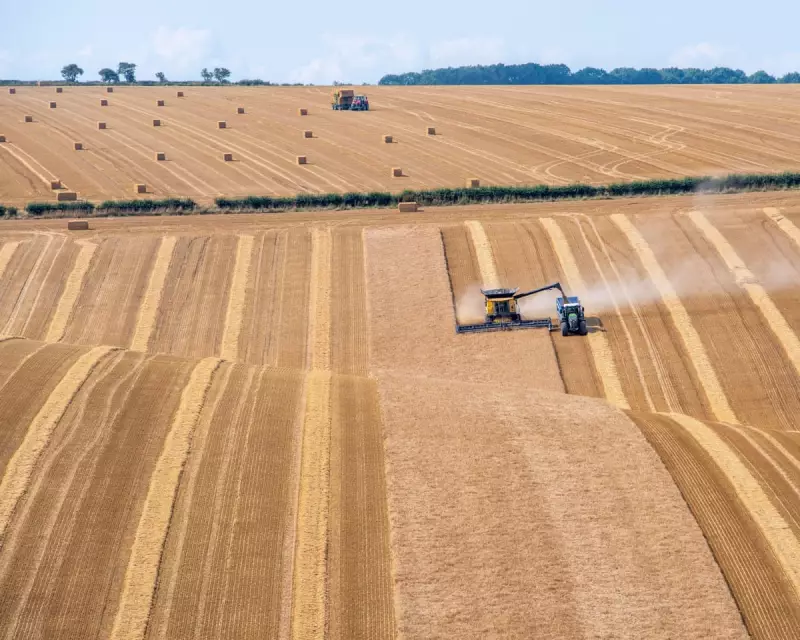
In a revolutionary breakthrough, scientists have discovered that biochar derived from human waste could help alleviate the global fertiliser shortage while promoting sustainable farming practices. The findings, published in a recent study, highlight how this innovative approach could transform waste management and agricultural productivity.
A Sustainable Solution to Fertiliser Shortages
The research suggests that treating human waste to produce biochar—a carbon-rich material—could provide an eco-friendly alternative to traditional fertilisers. Biochar not only enriches soil but also helps sequester carbon, making it a dual-purpose solution for both agriculture and climate change mitigation.
How It Works
The process involves converting sewage sludge into biochar through pyrolysis, a high-temperature treatment in an oxygen-limited environment. The resulting product is rich in nutrients like phosphorus and nitrogen, essential for plant growth, while also being free from harmful pathogens.
Benefits Beyond Agriculture
Beyond its agricultural advantages, this method could significantly reduce the environmental impact of untreated waste disposal. By repurposing human waste, communities can cut down on pollution and greenhouse gas emissions, contributing to a circular economy.
Challenges and Future Prospects
While the study presents a promising solution, scaling up production and ensuring public acceptance remain key hurdles. Researchers are optimistic that with further development, biochar from human waste could become a mainstream resource in sustainable farming.





